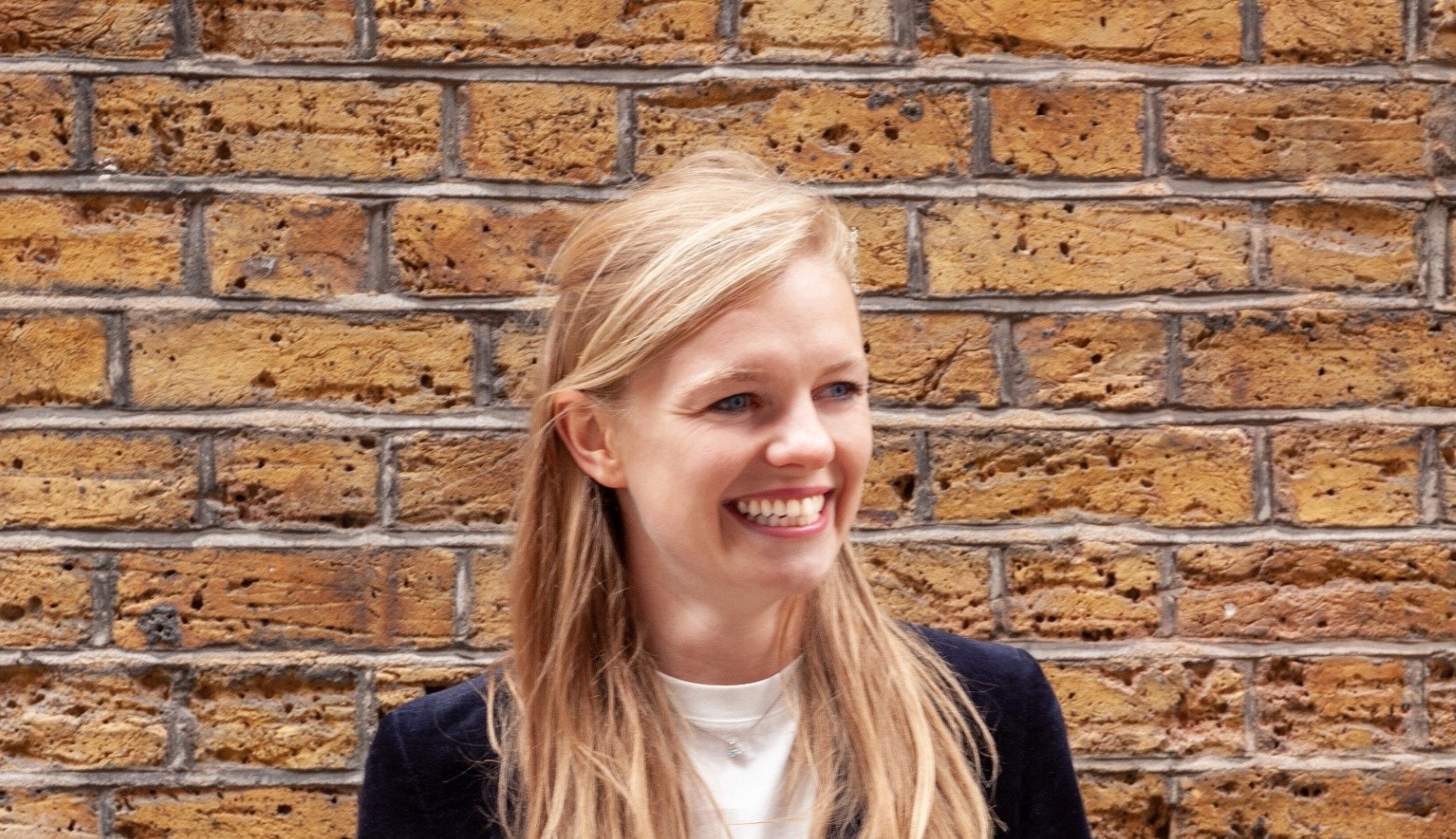Once upon a time there was sufficient trust that an investor’s word (or indeed, their term sheet) was enough to believe that they were committed to pursuing an investment. Lockdown has seen that trust undermined as the 12-year VC bull run nose-dived. Some term sheets were renegotiated by VCs opportunistically looking to get a better deal, while others were torn up altogether leaving many startups floundering through lockdown.
As the VC market tracks back to some semblance of normality, we shouldn’t forget the short-termism and irresponsibility that has taken place. So far, only investors have been empowered to call out the bad behaviour of their peers in the Covid-19 season, and even then naming no names.
While startups are left to hustle harder than ever before, VCs that did not honour their commitments are now announcing deals on the other side of the worst of lockdown. The horror stories they inflicted on startups are left untold.
Scared to talk
Why can’t startups call out bad investor behaviour? The reputational damage to a startup for complaining about a VC could leave a company outcast from the capital raising scene altogether.
What if they tell all the other VCs and we can’t fundraise with anyone?
“What if they tell all the other VCs and we can’t fundraise with anyone?” I heard one founder say. When one early-stage UK SaaS company lost their term sheet, another investor advised them: “Don’t tell people who dumped you, be positive and investors will have sympathy for your situation.” This mentality disproportionately affects first-time founders who are not ‘part of the club’ and do they have the VC herd chasing after them.
Sympathy doesn’t pay their bills. Neither does toxic positivity for that matter.
The VC fraternity collaborates almost as much as it competes. At tech meetups and conferences, VCs love to mingle with one another, exchange tidbits on the tech scene and play snap with deals seen.
Meanwhile, despite the creation of many communities and campuses, the startup world is far more fragmented. To survive the pandemic’s doom, startups need to work together.
Glassdoor for VCs
What if startups could call out the bad behaviour they have experienced? Many platforms have emerged over the years to try to be the ‘Trustpilot for VCs’. Some have come and gone like KnowYourVC and others have stayed and gone stale like TheFunded. These are largely US-based anonymous tip rooms.
A new one has cropped up only a couple of months ago for Europe, Landscape, which wants to be the ‘Glassdoor for VC’.
Joe Perkins, founder of Landscape, shares in his blog: “Landscape is as much about celebrating brilliance as it is about removing bad behaviour. We know for every 1 bad actor, there are 5 brilliant investors that will go out of their way to help founders whenever they can, and we want to give these people a platform to shine.”
A VC is as much about marketing as it is about funding — a VC firm is only as good as its brand.
Landscape recognises that VC is as much about marketing as it is about funding — a VC firm is only as good as its brand, and the savviest VCs will preserve that at all costs. Landscape has a verified partner scheme for VCs and accelerators to act on the anonymous feedback that they receive improving their practice.
Start in your own circles
But startups should start speaking up within their own networks, too. Founders should talk to their accelerators, advisors, mentors and angel investors and have a more open dialogue when a term sheet has been lost. I hope that tech communities and their participants can work to destigmatise these conversations and be there for startups to share their painful experiences, be they with investors or anyone else that makes their sheer existence painful.
Founders should talk to their accelerators, advisors, mentors and angel investors and have a more open dialogue when a term sheet has been lost.
Angel investors could even take a more active role in calling out bad behaviour when they see it happening to a founder in their portfolio.
When the symbiotic relationship isn't working, startups should be able to call out bad VC behaviour, even if it's in a closed community at the start, because if the tables were turned the VCs would gossip about the startup until it was dead and buried. I’m hopeful that as a private investment market and even in this fragmented startup universe, we’ve seen the worst of it and now we’re headed in the right direction.
It isn’t a question of when cancel culture will come to the poorly behaved partners and firms, but rather, who will lead the charge. It should rightfully be the startups themselves, but practically, LPs who subscribe capital to VC funds ought to reflect carefully on other, less quantitative dimensions beyond fund performance. Nothing illegal necessarily happens when a term sheet gets rescinded, but to the most upright VCs it is considered unethical.
This secret columnist is a finance-person turned tech operator-person based in London.



